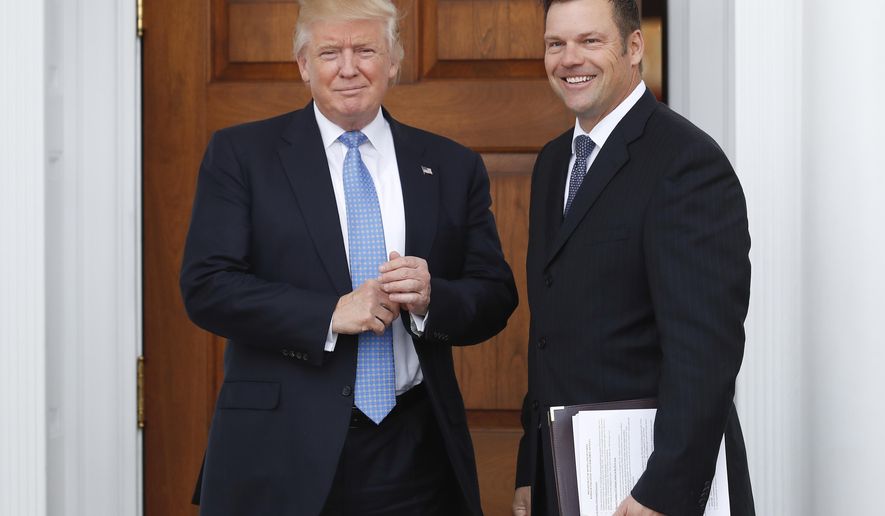OPINION:
“Everything in moderation” can be sage advice, especially when it applies to government and gluttony. When the administrative state sticks to its proper limited role, costs are contained and taxes are bearable. But the bloated administrative state snacks on billions and feasts on trillions. As Americans hustle to file their last-minute tax returns for 2016, Donald Trump’s promised relief is obviously too late to lessen the burden this tax season, which ends Tuesday. If help doesn’t come soon, hope for an era of renewed prosperity will soon be but a fading memory.
Reality can make a hash of hope, and the wreckage of the Republicans’ Obamacare repeal-and-replace obstructs the path to tax reform. President Trump is reluctant to abandon the scene of the legislative crime and the trillion dollars in savings he expected, but Republicans can’t afford to linger much longer. Unless they quickly repair and pass their bill, continued tinkering would simply compound the public’s growing perception of congressional incompetence.
It’s time for Trump tax cut plans to be brought front and center. Analysts have predicted reduction in tax revenue could cost the Treasury between $2.6 trillion and $10 trillion over 10 years — a scary thought — but with budget cuts and a little patience, they could boost tax receipts over the long term. Ronald Reagan demonstrated this with his 1981 Economic Recovery Tax Act, which gave all Americans a 25 percent tax cut. Deficits spiked from $128 billion in 1982 to $221 billion four years later, and then settled back to $152 billion only three years after that.
Mr. Reagan’s second round of tax cuts, the Tax Reform Act of 1986, consolidated existing tax brackets into two — 15 percent for middle-class families and 28 percent for the rich. The delayed effect was a rapid escalation of tax revenues from $618 billion in 1982 to $991 billion by the end of the decade. The average gross domestic product grew by 3.5 percent, making for an era of prosperity that hasn’t been reproduced since. It was done by cutting taxes.
During fiscal 2016, the government collected $3.27 trillion in taxes but, like a kid with his daddy’s credit card, spent $3.85 trillion, leaving a deficit of $587 billion. The government collected $1.47 trillion in just the first half of fiscal 2017 while running a deficit of $527 billion, nearly as large as all of last year.
A bit of courage is required to forswear tax revenue for a season and watch deficits grow, but only temporarily. Uneasy congressional Republicans have been toying with the idea of a border adjustment tax to make up for lost revenue. But imposing levies on foreign products would boost prices for U.S. goods, taking from consumers’ pockets. Republican lawmakers must trust the power of growth and enact a simple tax reform plan that can attract enough votes to get reform to the president’s desk.
Ronald Reagan understood that Americans thrive on opportunity. Enabling Americans to keep more of the fruit of their labor inspires big dreams and the energy to make dreams come true. With the Trump administration closing in on its first hundred days, the opportunity to pursue something good and true is slipping away. Tax Day brought no reprieve this year, and President Trump must make certain a tax reduction deal becomes a reality before the next tax season arrives. The survival of a lot of congressmen depends on it.




Please read our comment policy before commenting.